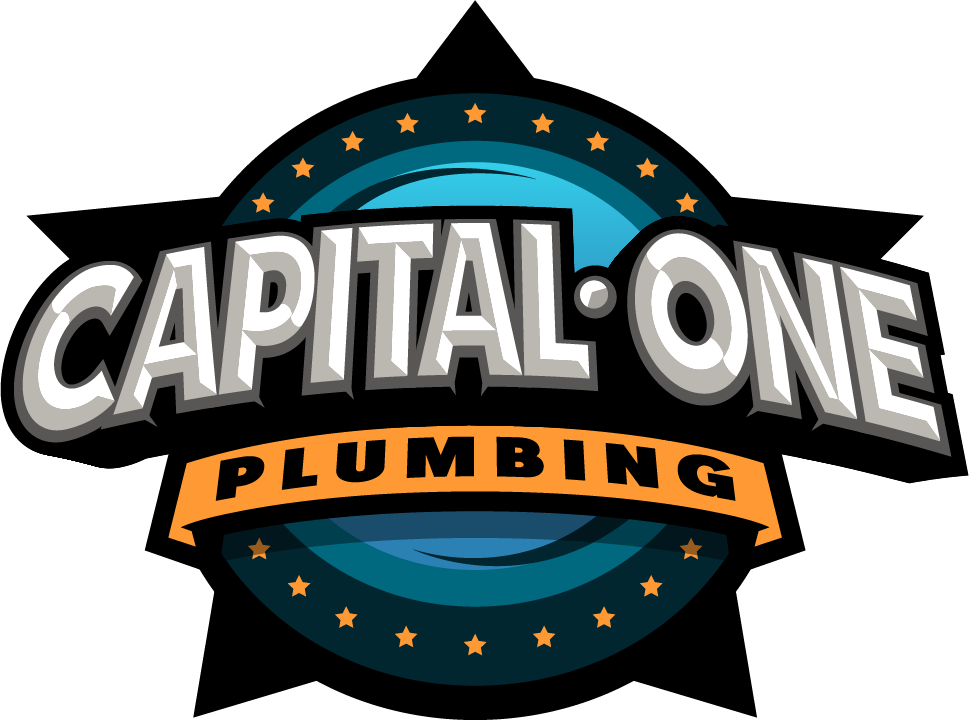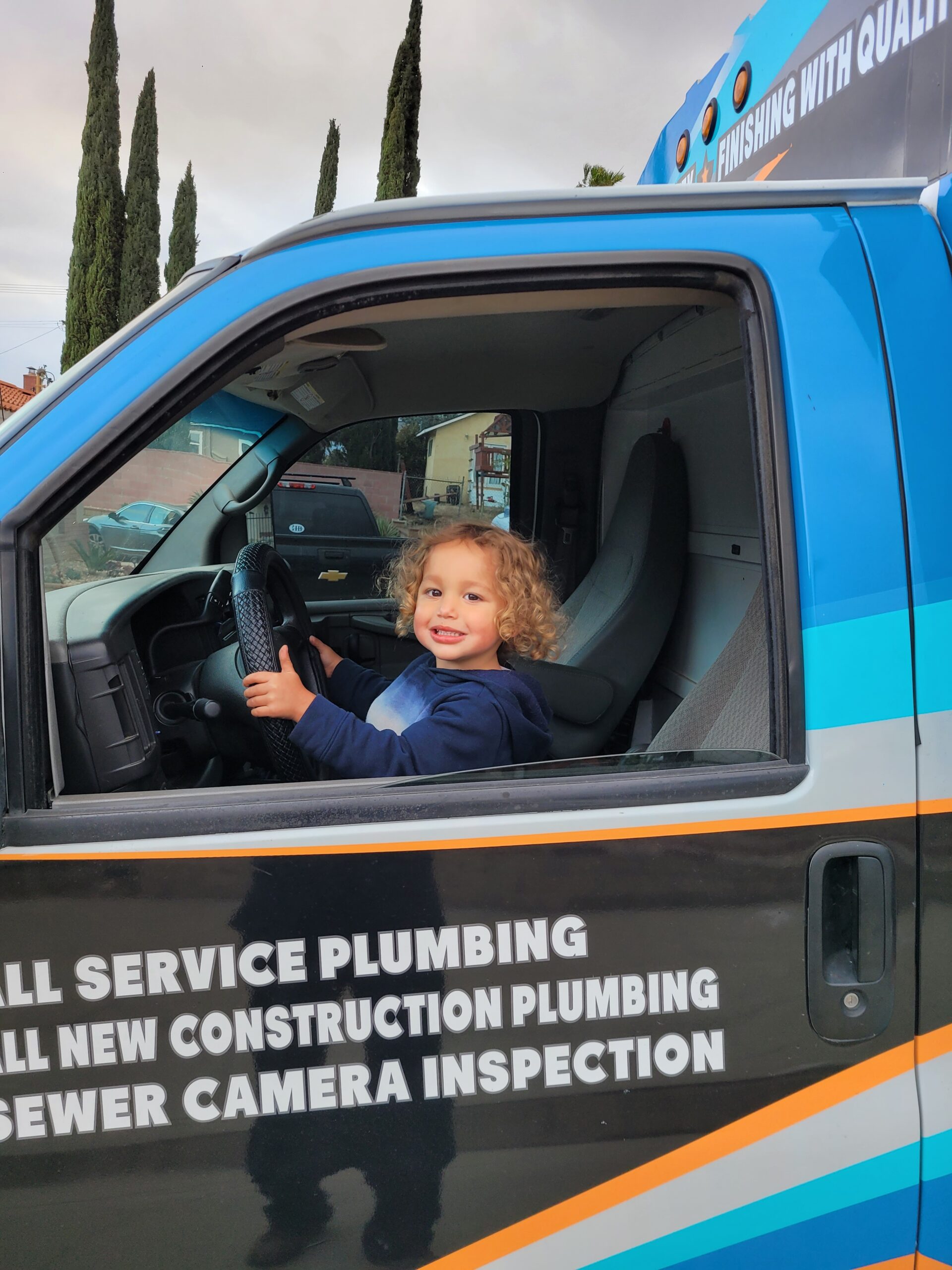Introduction
Commercial plumbing services are essential for maintaining the functionality, safety, and efficiency of businesses and commercial properties. Unlike residential plumbing, commercial systems are larger, more complex, and require specialized knowledge and expertise. From installation and repairs to maintenance and emergency services, commercial plumbers play a vital role in keeping businesses running smoothly. In this comprehensive guide, we’ll explore the scope of commercial plumbing services, common issues, benefits of hiring professionals, and tips for choosing a reliable service provider.
Types of Commercial Plumbing Services
Installation Services
1. Plumbing System Design and Setup: Proper design and installation of plumbing systems are critical for new commercial buildings and large-scale renovations. This includes laying water supply lines, sewer systems, and ensuring compliance with local codes.
2. Fixture and Appliance Installation: Commercial properties often require heavy-duty fixtures and appliances, such as industrial-grade sinks, toilets, water heaters, and dishwashers. Professional installation ensures durability and efficiency.
3. Gas Line Installation and Connections: Many commercial establishments, like restaurants, rely on gas lines for cooking and heating. Safe and precise installation of gas lines prevents leaks and ensures compliance with safety standards.
Repair Services
1. Fixing Leaks and Pipe Bursts: Leaks and pipe bursts in commercial settings can lead to water damage, mold growth, and increased utility bills. Prompt repair minimizes damage and downtime.
2. Drain and Sewer Line Repairs: Frequent usage in commercial properties often results in clogged or damaged sewer lines. Professional plumbers use advanced techniques like hydro jetting to clear blockages.
3. Water Pressure and Temperature Regulation: Inconsistent water pressure and temperature can affect daily operations in hotels, restaurants, and office buildings. Commercial plumbers diagnose and fix these issues efficiently.
Maintenance Services
1. Routine Pipe Inspections and Maintenance: Regular inspections help identify potential issues before they escalate, reducing the risk of costly repairs.
2. Drain Cleaning and Clog Prevention: Routine drain cleaning prevents slow drainage and backups, ensuring smooth operation of facilities.
3. Backflow Testing and Prevention: Backflow prevention devices protect the water supply from contamination. Regular testing ensures these devices function properly.
Emergency Plumbing Services
1. Flooding and Major Leaks: Unexpected leaks and flooding require immediate attention to prevent extensive damage.
2. Malfunctioning Water Heaters: A lack of hot water can disrupt businesses like restaurants and hotels. Emergency repairs restore functionality quickly.
3. Sewer Backups and Overflows: Sewer issues pose serious health hazards and require urgent professional intervention.
Benefits of Professional Commercial Plumbing Services
1. Minimized Downtime for Businesses: Quick and efficient plumbing services reduce operational disruptions and keep businesses running smoothly.
2. Compliance with Health and Safety Regulations: Professional plumbers ensure that all installations and repairs meet local health and safety codes.
3. Expertise in Large-Scale Plumbing Systems: Commercial plumbing systems require specialized knowledge and equipment for proper maintenance and repairs.
4. Access to Advanced Tools and Techniques: Professional plumbers use cutting-edge technology, like video pipe inspections and hydro jetting, for accurate diagnostics and effective repairs.
5. Long-Term Cost Savings Through Preventive Maintenance: Regular maintenance prevents costly emergencies and extends the lifespan of plumbing systems.
Common Plumbing Issues in Commercial Properties
1. Clogged Drains and Toilets: High usage often leads to frequent blockages that require professional cleaning.
2. Water Heater Failures: Inconsistent or no hot water disrupts daily operations in hospitality and healthcare industries.
3. Sewer Line Blockages and Odors: Sewer backups cause unpleasant odors and health risks.
4. Leaky Faucets and Running Toilets: Persistent leaks waste water and increase utility costs.
5. Low or High Water Pressure Problems: Inconsistent water pressure affects the efficiency of appliances and daily operations.
How to Choose a Reliable Commercial Plumbing Service
1. Checking Licensing, Insurance, and Certifications: Ensure the plumber is licensed and insured to handle commercial-scale projects.
2. Experience with Commercial-Scale Projects: Look for plumbers with proven experience in handling large and complex plumbing systems.
3. Availability of 24/7 Emergency Services: Choose a service provider that offers round-the-clock emergency support.
4. Transparent Pricing and Detailed Estimates: Request detailed quotes to avoid hidden costs and ensure budget-friendly services.
5. Customer Reviews and Case Studies: Check online reviews and ask for case studies to gauge service quality and reliability.
Cost of Commercial Plumbing Services
1. Factors Influencing Service Costs:
- Size and complexity of the plumbing system
- Materials and parts required
- Labor and expertise
- Emergency service rates
2. Average Costs for Common Repairs and Installations:
- Drain cleaning: $200–$600
- Water heater installation: $1,000–$5,000
- Sewer line repair: $2,000–$7,000
3. Importance of Investing in Quality: High-quality services prevent recurring issues and reduce long-term costs.
Preventive Maintenance Tips for Commercial Properties
1. Scheduling Regular Plumbing Inspections: Routine inspections identify potential issues early, preventing major repairs.
2. Educating Staff on Proper Water Usage: Train employees on what not to flush or pour down drains to prevent blockages.
3. Installing Water Softeners: Softened water reduces pipe corrosion and extends the lifespan of plumbing systems.
4. Monitoring Water Pressure and Temperature: Consistent water pressure and temperature prevent damage to fixtures and appliances.
5. Addressing Minor Issues Promptly: Fixing small leaks and slow drains prevents them from becoming larger, costly problems.
Conclusion
Commercial plumbing services are vital for maintaining the efficiency, safety, and reliability of business operations. Professional plumbers bring expertise, advanced tools, and a commitment to quality that ensures long-term performance and compliance with health and safety standards. By investing in regular maintenance and addressing issues promptly, businesses can minimize downtime, reduce costs, and ensure a safe environment for employees and customers alike.
Choosing a reliable commercial plumbing service provider is essential for long-term success. Prioritize licensed, experienced professionals with a strong track record, and enjoy the peace of mind that comes with expert care for your plumbing systems.

